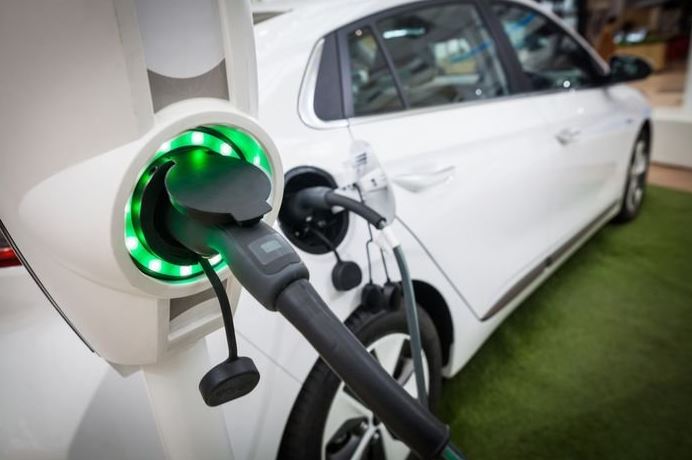The Uptake and Implementation of Domestic Electric Vehicle (EV) Charging – A Study of the United Kingdom Infrastructure (2020)
Electric Vehicle (EV) Charging Infrastructure Dissertation – This dissertation focuses on the decarbonisation of UK domestic road transport, the subsequent rise of electric vehicles (EVs) and initial patterns of consumer charging behaviour indicating that EV charging events typically occur overnight and at home. It considers Governmental policy, such as the Road to Zero strategy and a proposed Building Regulations mandate of home charge points in new homes, highlighting a literature gap present surrounding the views of stakeholders likely to be most affected by a potential mandate house builders (private and local authorities).
Using a questionnaire-based form of data collection, 30 responses were collected. Awareness of EV charging infrastructure was high among respondents, evidenced with previously installed charge points in residential developments, though support for a Government mandate among private house builders was divided. A lack of perceived capacity within the electricity network and the cost of subsequent reinforcement works were noted as key barriers to the widespread uptake of EV charging infrastructure, alongside concerns surrounding the potential obsolescence of installed charge points though future proofing measures like installing three-phase supply in new developments were dismissed, again resultant of electricity capacity and cost. Unclear which party is likely to bear the cost of performing these works, this dissertation calls for Governmental clarification regarding pecuniary responsibilities to ameliorate potential tension and issues, before concluding that it is likely to be jointly borne by Distribution Network Operators, house building firms, the buyers and tenants of new properties and selling landowners.
Dissertation objectives
- To understand the current EV charging infrastructure awareness of those responsible for house building
- To ascertain house builders views on the barriers to, and potential possibilities of, EV charging infrastructure rollout particularly in relation to electricity capacity, potential obsolescence and future proofing
- To ascertain any EV charging infrastructure already implemented by those responsible for house building
- 12,000 words – 48 pages in length
- Excellent use of literature
- Excellent of subject area
- Well written throughout
- Includes interview questions
- Ideal for construction management students
1 – Introduction
Context
Reducing Road Transport Emissions
The Role of the Electric Vehicle
Rationale
Aims and Objectives
Dissertation Structure
2 – Literature Review
3 – Methodology
Research Approach
Questionnaires as a Research Methodology
Data Collection and Expected Results
Response rate
Expected results
4 – Results and Discussion
Is the house building industry aware of the proposed mandate?
Are those responsible for house building agree with mandating domestic EV charging infrastructure?
Results and Discussion
Have house builders already installed EV charging infrastructure?
Preface
Barriers to installing EV charging infrastructure
Availability of electricity supply and cost of installation
Will the Government’s proposed threshold negate concerns over cost?
Obsolescence
Parking provision and miscellaneous
Three-phase supply
Research Limitations
5 – Conclusion
References
Appendix

